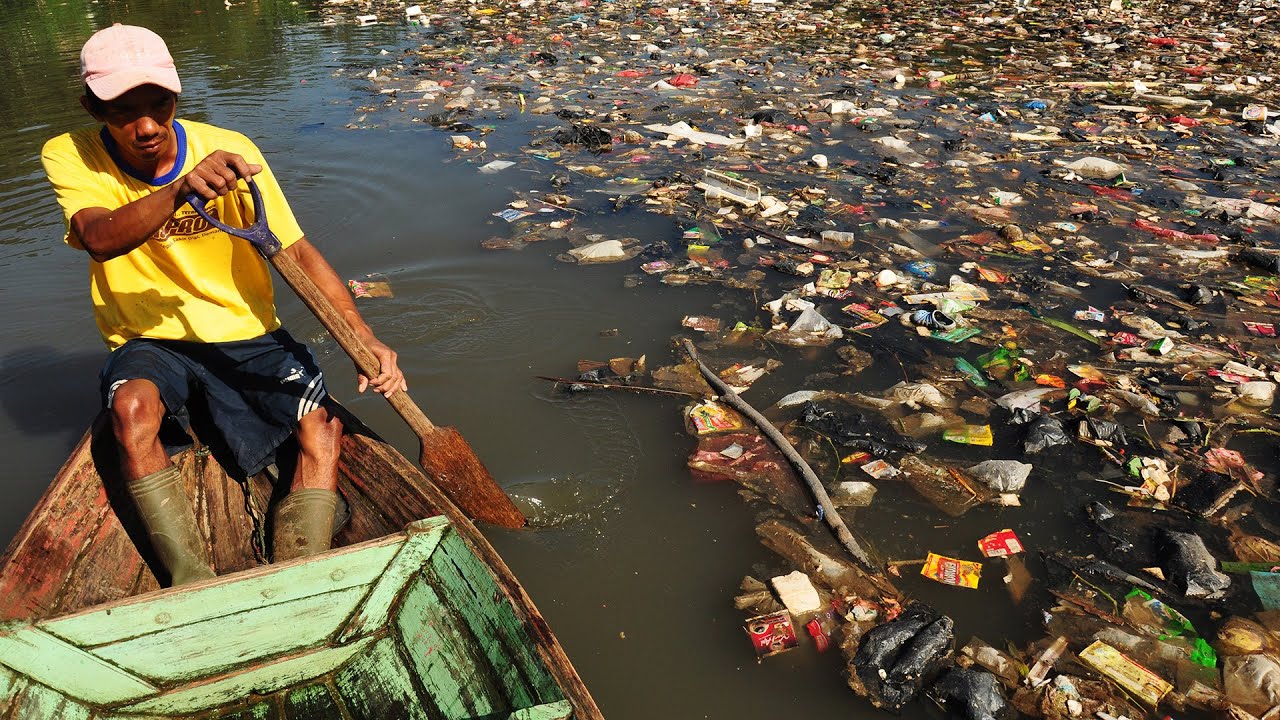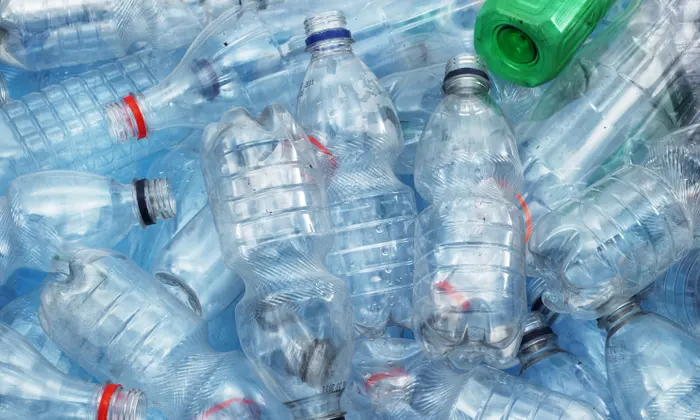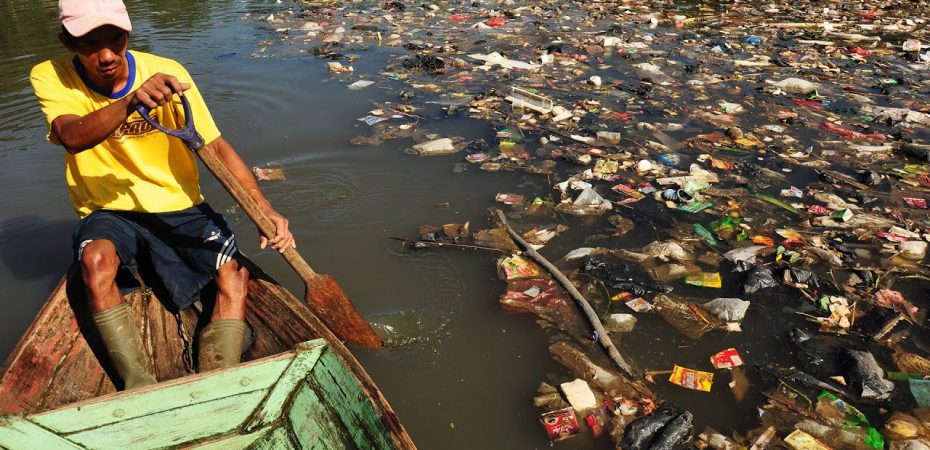We are from Secondary 3 Faith and we believe that Indonesia should ban single use plastic products. We use plastic because it is inexpensive and more convenient to use, but have you ever wondered, where do single use plastic products go once we throw them away?
According to borgenproject.org, 6.8 million tons of plastic waste per year is produced in Indonesia, but only 10% is recycled.
Single use plastics are harmful to Indonesia in many ways. For example, it can harm the wildlife, pollute the ocean, and produce greenhouse gasses. In fact, the effects of single use plastics on the environment are not only unsightly but can also be devastating to the ecosystems. Single use plastics are used once but it needs hundreds of years to break them down in landfills. Those which are not in landfills are burnt which causes serious emission problems or enters the environment as litter.
It is a fact that Indonesia has suffered from the plastic crisis for a long time, especially the marine life and the ocean. Many marine animals have died due to their digestive system clogged up by a lot of plastic waste. Thus, plastic pollution kills more wildlife than any other factor.

According to The Diplomat website, the Citarum River, the third largest river in the whole of Java, at some parts of it, we cannot even see the water. Its surface is completely covered by the unimaginable amount of waste, trash, and dead animals floating on it. If we are lucky enough to have a glimpse of the water, we will see that it is coloured black due to the excessive amount of toxic chemicals being dumped into the river by industries. Not surprisingly, since 2008, nearly 60 percent of the river’s fish species have been destroyed. Yet despite those very poor conditions, the Citarum River is vital for the 25 million people who depend on daily it for agriculture, water, and electricity.
The website also mentioned that every day, no less than 20,000 tons of waste and 340,000 tons of wastewater, mostly from 2,000 textile factories, are disposed directly into the once clear and pristine waterways of the Citarum River. No wonder, in 2018, it was dubbed by the World Bank as the “Dirtiest River in the World”!

We believe that there are way better alternatives to single use plastics, some including cotton-made and paper-made materials. We can use eco-bags which are washable. Not only are these materials biodegradable, but these can be used more than once compared to single use plastic bags. In our experience, we have seen many people including our moms double bagging their heavier groceries just because one single plastic bag might not be strong enough to hold the items bought. So, we suggest that it is better for everyone to use reusable bags which are more eco-friendly.
By: Dylan, Jessica, Michelle, Vincent, Matthew, and Russel (Secondary 3 Faith)

This article is very resourceful as it has a good example and gives a very good perspective on why plastic must be banned in Indonesia.
I like how the article tell us the harmful effects of plastic waste. Shows how much devastation it can produce. Next, it also gave out alternatives which is very crucial to know how we can reduce the impact. Lastly, it also gave a very great example of the Citarum River. Depicting a background of the pollution problem we have here in Indonesia. Overall I enjoyed reading this article, however i think there is a mistake in paragraph 5. “Who depend on daily it”.
I really like this article as it gives information and spread awareness towards people, on how single used plastics are bad for the environment and it also awakes people who even knew this is happening but still tries to ignore it, plastic has a long term affect, hopefully after reading this article more people might take actions.
I really enjoyed reading this article as they have presented very clear and thorough arguments about single use plastics along with concrete evidences to support their arguments. It contained a lot of factual information about plastic pollution which makes this article very accurate and reliable. I like how the choice of vocabulary was used for this article, making it a lot more intriguing and also how they briefly described their arguements. Overall, this is an excellent article and a very good job to the writer!
i enjoyed reading this article and the content given. How they presented their arguments are clear and they have a unique style of writing with a lot of evidence given there as well. I hope people will also learn that how dangerous plastic is to our world after reading this article.
Dear editor, i have read your article regarding the plastic pollution problem of Indonesia, and I agree on how harmful plastic is to our environment. I also like how you gave alternative solutions, however I think it would be nice if you gave some insight on the alternative products, the cost of their production and if it can really completely replace plastic, which I truly hope it can. I also agree with the use of recyclable cloth bags and how it should be pushed upon us more. Overall great article, thank you for writing it.
Dear Editor,
I have read the article titled “Should single-used plastic products be banned in Indonesia” and i whole heartedly agree with everything mention in this article. It is great that the writer wrote down examples to really visualize how bad plastic has affected our society. I also appreciate the fact that the writer wrote down alternatives to plastic to inspire people to use those alternatives for the better of our country.
Very good article all around that really capitulate the disadvantages of single-use plastics. Although I spotted an error in grammar found in paragraph 6; We can use eco-bags which are washable. It should have been “eco-bags that are washable.”
I have read the article ”Should single-use plastic products be banned in Indonesia?”
Written by Dylan, Jessica, Michelle, Vincent, Matthew and Russel.
I agree plastic products should be banned in Indonesia. People have seen plastic trash even if they look at the sea from the plane.
However, Indonesian people do not have to use single-use plastic products such as plastic bags. There is more plastic used for food packaging than for single-use such as plastic big.
We can often see Indonesian people throw garbage on the roadside. First of all, getting them to know the seriousness of the problem is the first step to solving the problem.